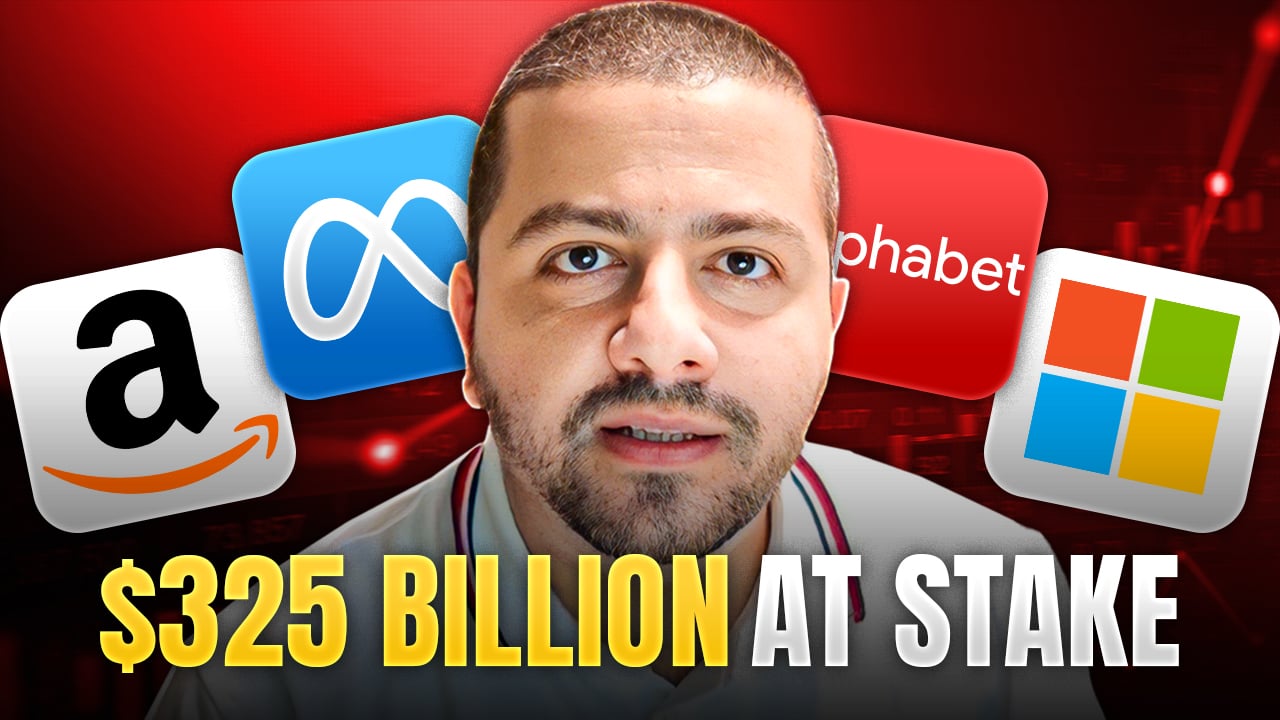Facebook (FB 1.16%) doesn't have any more room to squeeze more advertisements into its news feed without negatively affecting its user engagement. It hit that sticking point over three years ago, but it hasn't stopped the company from growing its ad revenue.
The social media company has been able to overcome the challenge by growing active advertisers and improving its targeting and measurement capabilities. In turn, users see more relevant ads, and they're more likely to click on them. More clicks equals more ad revenue.
Case in point: Facebook saw the median number of daily ad clicks per user in the U.S. climb from 17 to 19 over the last six months, according to data from its Audience Insights tool. The company saw similar results around the world.
Meanwhile, total ad impressions fell about 5% year over year, according to data from Merkle. But with higher click through rates on its ads, the research group says Facebook saw a 15% increase in ad spend.
These data show Facebook holds a considerable competitive advantage over its competitors as marketers shift their ad budgets to digital.

Image source: Facebook.
Seasonal demand brings out Facebook's strengths
The fourth quarter is seasonally strong for digital advertising companies. Consumers are doing their holiday shopping and advertisements produce strong returns as a result.
But investors might think that with Facebook's maturity in the market, strong advertiser demand, and a growing number of digital advertising options like Snap's (SNAP +1.76%) Snapchat or Pinterest (PINS +0.39%), the massive social network will have trouble attracting additional ad spend. That's especially true as Facebook's flagship platform faces several challenges growing engagement and time spent among its users.
But Facebook's broad audience and depth of user data enables it to serve as the best option for millions of advertisers trying to reach their target customers. Facebook says 2.8 billion people use at least one of its four main apps at least once a month. 2.45 billion of those users are on Facebook. And those users spend a lot of time on its apps. On top of that, websites and developers using Facebook's tools also feed information into Facebook's databases.
Facebook's ability to help advertisers find their target customers is seen in the average number of clicks per user increasing over the last six months. That strength is only amplified in the fourth quarter, when more and more advertisers are competing for limited ad inventory. In those cases, advanced targeting becomes essential in order to achieve strong returns on ad spend for marketers.
Grabbing share of the digital advertising market
Despite its position as a leading platform for social advertising, Facebook is managing to keep up with the competition.
Merkle's data shows a 21% increase in overall social media advertising spend in the fourth quarter. While that's ahead of Facebook's 15% increase in ad spend during the period, when you add in Instagram's growth, Facebook is actually maintaining market share.
Ad spend on Instagram grew 38% year over year in the fourth quarter, according to Merkle, accounting for 27% of total ad spend across Facebook's apps. When you combine the two platforms, Facebook saw overall growth of 21% -- in line with the rest of the industry.
While some platforms like Snapchat or Pinterest may be seeing faster growth, they're building on a significantly smaller base. Facebook's ad revenue totaled $16.6 billion in the fourth quarter of 2018. Snap and Pinterest generated just $390 million and $273 million during the same period, respectively. Facebook's ability to keep growing, attracting new advertisers and their budgets, means its holding back those smaller companies from seeing a lot of growth.
Meanwhile, overall digital display advertising grew just 8% year over year and paid search grew 16%, according to Merkle. In other words, Facebook continues to grow its share of the digital advertising market despite consistent worries that its dominance in the market is deteriorating.
Even as competitors vie to take market share from Facebook, the company's broad user base and deep trove of user data enable it to win a greater share of marketers' budgets. That's a competitive advantage that becomes even more effective during seasons of high demand, when precise targeting becomes even more valuable in a crowded marketplace for digital ads.






